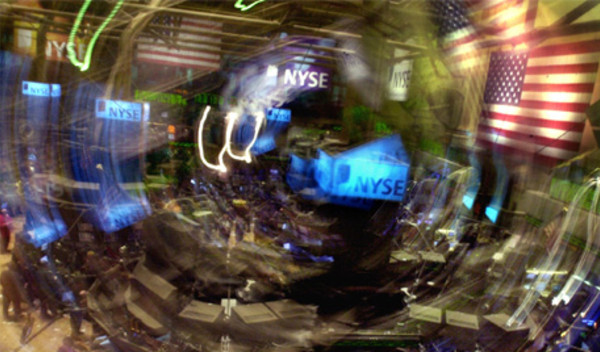

Best in class: TwentyFour Corporate Bond fund
Who’ would have thought this time last year that UK corporate bonds would be the place to be in 2020?
But all I am hearing at the moment is phrases like: “Bonds are the bargain of the century”, “It’s probably the best value investment grade market I have seen in my career” and “Investors should be hoarding credit like they’re hoarding toilet rolls” – the latter being from the manager of this week’s best in class: TwentyFour Corporate Bond fund.
With sovereign yields falling away, there is an argument this may be the last opportunity to lock in a reasonable income and value in fixed income for a long time, maybe in a generation.
The backdrop at the moment is that companies are being run for the benefit of bondholders rather than equity holders – with dividend cuts rife across numerous equity sectors.
Governments and central banks across the globe have guaranteed a huge amount of liquidity, therefore default rates are likely to be concentrated in certain areas, while many other companies can easily access liquidity if needed.
The TwentyFour Corporate Bond fund celebrated its fifth anniversary in January this year and is top quartile in its sector, returning 24.2 per cent to investors since launch.
The fund is managed by Chris Bowie, who was previously head of rates at Aegon and head of credit at Ignis. In total he has well over 20 years' experience in fixed income.
Chris believes that, with potential for yield curve roll-down, and the increased opportunity for alpha that volatility brings with increased dispersion between sectors and individual bonds, total returns from the portfolio could exceed 5 per cent on a 12-month forward view – importantly this is without adding significant risk to the portfolio.
He says: “Credit will significantly outperform equities for a number of years, firstly because this has been the case in both of the other significant distress periods this century, but secondly because rewards to shareholders from dividends and buy backs are likely to be significantly curtailed.
“Dividends are discretionary payments, after all, while coupons in the sorts of bonds we hold in the corporate bond fund are not.”
Chris focuses the strategy on risk-adjusted returns. He achieves this through stock selection as the primary driver, managing all potential sources of alpha - including duration, the yield curve, and asset allocation across different sectors, countries, ratings and asset types.
His top-down analysis starts with the main investment committee that sets key risk metrics in its monthly meetings to create a macro-level view.
The monthly meeting will also involve an economic and market debate, as well as analysing performance and attribution. The committee also looks at the month ahead to make sure the fund’s allocation reflects these views.
While the top-down analysis helps confirm the views and thoughts of the team, these ideas are still filled through bottom-up stock selection.
The fund uses its stock-picking, proprietary database, called the Observatory, which helps the manager look at bonds from a risk-adjusted perspective.
It works by storing data from more than 26,000 bonds every day and combines spread, yield and historic volatility data.
The fund has a strong focus on liquidity and typically holds around 10 per cent in government bonds – to meet any requirements.
The portfolio also has limits on the number of positions it can take to ensure the portfolio risks are understood and managed (around 100 bonds).
As part of the whole process, each manager at TwentyFour will execute their own trades. This helps them build knowledge of how certain securities trade, and therefore develop an edge over other managers.
Even with a focus on minimising risk, while in the throes of a bond bull market, Chris has delivered solid returns.
As we have moved into a more uncertain world, the dependability of this fund makes it a stand-out from its peers – and particularly attractive to low risk investors.
Darius McDermott is managing director of FundCalibre



